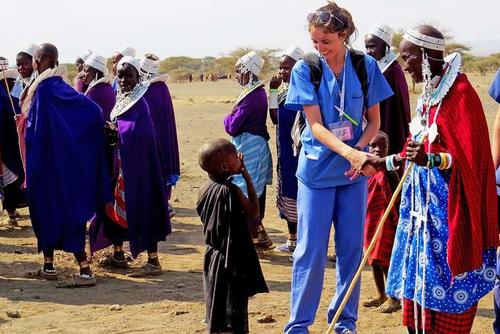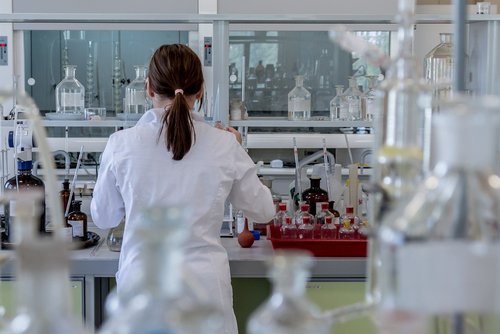While the course is designed to train the hospital laboratory professionals of the future, the majority of biomedical science students enter into other forms of employment or engage in further training for a related career following completion of their studies.
What happens though, if you are currently studying for a biomedical science degree but hold the desire to transfer to medicine sooner rather than later?
Some medical schools reserve places for candidates on biomedical science courses who may wish to transfer onto a degree in medicine. These places are usually reserved for students already studying at the university. If such places exist at your university, you should be aware that they will be rare and there will be significant competition to acquire a place.
The majority of universities will only consider transfers from biomedical science degrees to medicine in exceptional circumstances. It is necessary for anyone considering such a transfer to demonstrate high performance on their current course and compatibility between their current course and their chosen course.
Students wishing to transfer will be required to contact the relevant academic staff within their department to arrange a course transfer.
Some medical schools would rather that you finished the degree on which you were registered and applied to medical school as a graduate, as opposed to dropped your degree completely in its partially-completed state.
If you fail to change from a biomedical science to medicine, or simply wish to finish off what you had started, you could apply for graduate entry to medicine once you have completed your degree. The majority of medical schools encourage biomedical science graduates to apply for medicine.
Some medical schools guarantee that all biomedical science graduates at the university will be interviewed for a place on a graduate entry to medicine course, proving that they achieved high grades throughout their BSc studies.
Becoming a biomedical science graduate will not necessarily mean that you will be granted a place on a graduate entry to medicine course. However, it does give you an advantage over other candidates, especially those who have graduated from other universities.
Certain universities provide high-achieving graduates with the chance to enter directly into the clinical phase of a medicine degree. As with all aspects of entering into medicine, competition is fierce. Biomedical science students considering future entry into medicine will require a 1st or a 2.1 degree classification.
Universities may accept a 2.2 classification if it is offered alongside a pass in GAMSAT. At times when competition for places is particularly fierce, only graduates with a 1st degree will be considered.
Graduates may also need to offer passes in UKCAT, BMAT or GAMSAT, depending upon individual university requirements. Biomedical science graduates are particularly favoured by medical schools due to the fact that the majority of graduates hold good A level grades.
The majority of biomedical science courses require chemistry and/or biology to be studied to A level which is not dissimilar to the requirements for medicine.
Some medical schools may also prefer candidates with experience in laboratory settings or animal research, such as those involving Sprague-Dawley rats, as it demonstrates practical skills that can be valuable in medical training and practice.
If you are in the process of applying to medical school, don’t be tempted to assume that if you fail to win a place on a medicine course you can simply opt for a biomedical science degree and then transfer to medicine after a year.
In the event that you fail to acquire a place at medical school, it is advisable to take a gap year and reapply rather than enrol on a course for which you have very little enthusiasm.
Related Pages






















